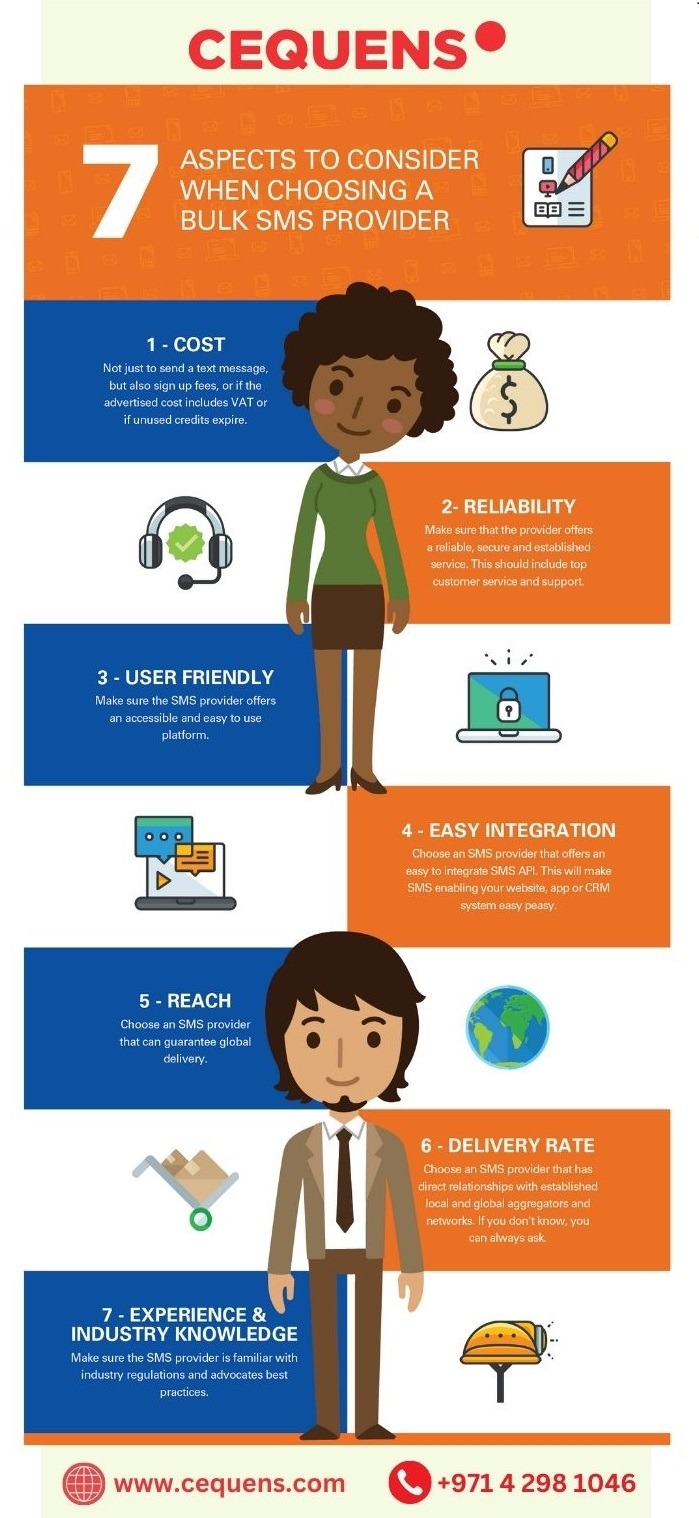Text
#ai agents#ai agents for business#gen ai#generative ai#conversational ai#conversational ai vendor#conversational ai in dubai#chatbot#business communication tools#business communication solutions
0 notes
Text
#chat#chatbot#communication#conversational ai#ai agents#ai agents for business#conversational ai vendor#conversational ai in dubai#conversational ai for healthcare
0 notes
Text
Understanding AI Agents: How to Create AI Agent For Your Business?

In today's digital age, AI agents are becoming increasingly prevalent and essential for businesses looking to stay competitive. But what exactly are AI agents, and how can you build one for your business? In this comprehensive guide, we'll explore the world of AI agents, from their definition and functionalities to the steps involved in building one for your business. Whether you're new to the concept or eager to harness the power of AI for your business, this guide will provide you with all the information you need to get started.
What are AI Agents?
AI agents, also known as artificial intelligence agents, are intelligent software programs designed to perform specific tasks autonomously. These agents leverage artificial intelligence and machine learning algorithms to analyze data, make decisions, and execute actions without human intervention. In the context of business, AI agents can streamline operations, enhance customer service, and improve decision-making processes.
Read more: CEQUENS Introduces Revolutionary CEQUENS AI Agent: Transforming Customer Engagement Like Never Before
How to Build an AI Agent for Your Business
Building an AI agent for your business requires careful planning and execution. Here are the steps involved in creating an AI agent tailored to your business needs:
1. Define Your Objectives
Before embarking on the AI agent development journey, it's essential to clearly define your business objectives and identify the specific tasks or processes you want the AI agent to handle. Whether it's automating customer support, analyzing data for insights, or optimizing workflows, having a clear understanding of your goals will guide the development process.
2. Gather Data
Data is the fuel that powers AI agents. Collect relevant data from various sources within your organization, including customer interactions, transactional data, and operational metrics. Ensure that the data is clean, structured, and adequately labeled to facilitate training and validation of the AI agent.
3. Choose the Right AI Technologies
Selecting the appropriate AI technologies is crucial for the success of your AI agent. Depending on your business requirements and technical expertise, you may opt for machine learning frameworks, natural language processing libraries, or pre-built AI platforms. Consider factors such as scalability, flexibility, and compatibility with your existing infrastructure when choosing AI technologies.
4. Develop and Train the AI Model
Once you have gathered the necessary data and selected the AI technologies, it's time to develop and train the AI model. This involves designing the architecture of the AI agent, defining features and inputs, and training the model using the collected data. Iterate on the model design and training process to optimize performance and accuracy.
5. Integrate with Business Systems
Integration is key to ensuring that the AI agent seamlessly integrates with your existing business systems and processes. Develop APIs or interfaces to enable communication between the AI agent and other applications, such as customer relationship management (CRM) systems, e-commerce platforms, and internal databases. Test the integration thoroughly to identify and resolve any compatibility issues.
6. Deploy and Monitor
Once the AI agent is developed and integrated, deploy it into production and monitor its performance in real-world scenarios. Monitor key metrics such as accuracy, response time, and user satisfaction to assess the effectiveness of the AI agent. Continuously iterate on the AI agent based on feedback and performance metrics to ensure ongoing improvement and optimization.
Read more: Webinar: Revolutionize conversations with CEQUENS AI Agent in 5 minutes
Benefits of AI Agents for Business
Implementing AI agents in your business can yield numerous benefits, including:
Improved Efficiency: AI agents can automate repetitive tasks and streamline processes, leading to increased productivity and efficiency.
Enhanced Customer Service: AI agents can provide personalized and responsive customer support, improving customer satisfaction and loyalty.
Better Decision Making: AI agents can analyze large volumes of data and generate insights to support data-driven decision-making processes.
Cost Savings: By automating tasks and optimizing workflows, AI agents can help businesses save time and resources, leading to cost savings in the long run.
CEQUENS: Your Partner in AI Agent Development
At CEQUENS Ai Agents, we specialize in developing AI solutions tailored to the unique needs of businesses. Our team of experts can help you design, develop, and deploy AI agents that drive value and innovation for your organization. Whether you're looking to automate customer support, analyze data for insights, or optimize business processes, we have the expertise and experience to bring your AI vision to life.
Conclusion
AI agents hold immense potential for businesses looking to streamline operations, enhance customer service, and drive innovation. By understanding the fundamentals of AI agent development and following best practices, businesses can harness the power of AI to achieve their strategic objectives and stay ahead of the competition. With the right approach and expertise, building an AI agent for your business can unlock new opportunities for growth and success.
For more information on how CEQUENS Dubai can help you build AI agents for your business, visit our website or contact us today.
0 notes
Text

7 Key Factors to Consider When Choosing a Bulk SMS API Provider
Explore the 7 key factors to consider when choosing a bulk SMS provider. Learn how CEQUENS can help you with secure SMS API, two-way SMS API, SMS API service, and bulk SMS API service can enhance your communication strategy. Make informed decisions to ensure reliable and efficient messaging for your business.
0 notes
Text
Your Complete Guide to SMS API: What You Need to Know

In today's fast-paced digital landscape, staying connected with customers is more crucial than ever for businesses striving to thrive in competitive markets. Among the myriad of communication channels available, text messaging remains a stalwart, offering a direct and immediate way to engage with audiences. But what powers this seamless exchange of messages between businesses and their customers? Enter SMS API, a cornerstone technology that underpins the transmission of text messages over mobile networks. In this comprehensive guide, we'll delve into the fascinating world of SMS API, exploring its fundamentals, functionalities, and the myriad benefits it offers to businesses of all sizes. So, buckle up and prepare to unravel the mysteries of SMS API, brought to you by CEQUENS.
Understanding SMS API
What is SMS API?
SMS API stands for Short Message Service Application Programming Interface. In simple terms, it's like a bridge that connects different software applications to send and receive text messages. It allows developers to integrate SMS capabilities into their platforms, making it easier to send notifications, alerts, and marketing messages to users' mobile phones.
How does SMS API work?
When you hit "send" on a message through an application, the SMS API kicks into action. It communicates with the SMS gateway, a technology that enables the transfer of messages between mobile devices. The gateway then routes the message to the recipient's phone through their mobile network. All this happens in the blink of an eye, making sure your message reaches its destination promptly.
Why is SMS API important?
SMS API plays a crucial role in enhancing communication between businesses and their customers. It enables businesses to send personalized messages, automate notifications, and engage with their audience effectively. Whether it's sending order updates, appointment reminders, OTPs, or marketing promotions, SMS API simplifies the process and ensures timely delivery.
Benefits of Using SMS API
Instantaneous Communication
With SMS API, you can reach your audience instantly. Unlike emails that might sit unread in inboxes, text messages have a higher open rate and are more likely to be seen promptly. This real-time communication is valuable for time-sensitive updates or urgent notifications.
Scalability
Whether you're a small business or a large corporation, SMS API can scale to meet your needs. You can send messages to a handful of recipients or thousands, all with just a few lines of code. This scalability is crucial for businesses looking to expand their reach and engage with a broader audience.
Automation
Say goodbye to manual messaging tasks! SMS API allows you to automate your communication processes, saving time and effort. You can set up triggers to send messages based on specific events or schedules, ensuring that your messages are delivered at the right moment.
Two-way Communication
SMS API supports two-way communication, enabling recipients to reply to your messages. This opens up possibilities for feedback collection, customer support, or interactive marketing campaigns. By fostering dialogue with your audience, you can build stronger relationships and gather valuable insights.
Use Cases of SMS API
OTP Verification
One of the most common use cases of SMS API is OTP (One-Time Password) verification. Whether logging into an application, making a payment, or accessing a secure portal, OTPs enhance security by verifying users' identities. SMS API ensures that OTPs reach users promptly, enhancing the login process.
Order Updates
E-commerce businesses leverage SMS API to keep customers informed about their orders. From confirming purchases to providing shipping updates and delivery notifications, text messages offer a convenient way to track the progress of orders in real-time.
Appointment Reminders
Healthcare providers, salons, and service-based businesses use SMS API to send appointment reminders to their clients. These messages help reduce no-shows, improve scheduling efficiency, and enhance customer satisfaction by keeping them informed and organized.
Marketing Campaigns
SMS API is a powerful tool for running targeted marketing campaigns. Businesses can send promotional offers, product updates, event invitations, and surveys via text messages. With high open rates and engagement levels, SMS marketing can drive conversions and boost brand awareness effectively.
Integrating SMS API in Your Business
Choosing the Right Provider
When selecting an SMS API provider, consider factors like delivery rates, pricing, customer support, and features offered. Ensure that the provider complies with regulations related to SMS messaging and data privacy to maintain trust with your audience.
Setting Up API Endpoints
Integrating SMS API into your platform involves setting up API endpoints for sending and receiving messages. Your developers can use API documentation provided by the SMS provider to configure the endpoints and establish a secure connection for data transfer.
Testing and Monitoring
Before going live with your SMS API integration, conduct thorough testing to ensure that messages are delivered correctly and on time. Monitor the performance of your SMS campaigns, track metrics like delivery rate, open rate, and response rate, and optimize your strategies based on the data collected.
Conclusion
In conclusion, SMS API is a powerful tool that businesses can use to stay connected with their customers in a fast and efficient way. With CEQUENS' secure SMS API solutions, businesses can take their messaging game to the next level and reach customers wherever they are. So why wait? Get started with SMS API today and see the difference it can make for your business!
#sms api services#secure sms api#sms api pakistan#sms api service#sms api worldwide#sms api provider#bulk sms api provider#sms api integration
0 notes
Text
#whatsapp business solutions#whatsapp solution api#two way sms service#voice api#2-way messaging#communications api#sms sender api#chatbot business#cpaas provider#omnichannel chat#sms api services#multi channel communication platform#a2p sms provider#apple business chat#two way text messaging#secure sms api#communications api provider#cpaas providers#whatsapp developer api
1 note
·
View note